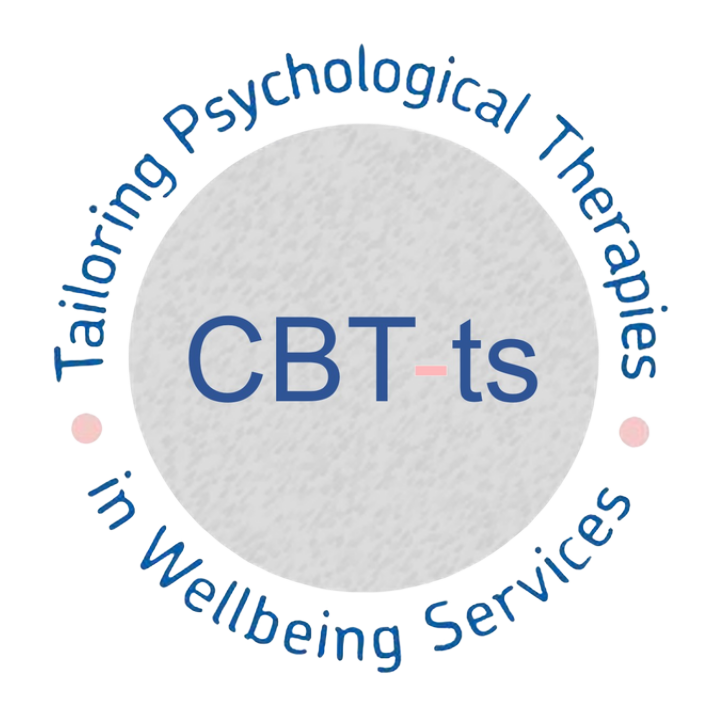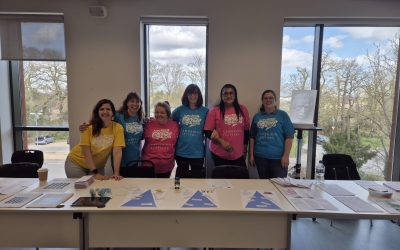The TYPPEX team made their debut at Norwich Science Festival in February 2022 with a stall exploring why we sometimes see things that aren’t there. We used optical illusions (with the help of sweets!) to explain to children how our brains use what we know to fill in the gaps and help us perceive the world around us, and how sometimes our brain can be tricked into believing something different than what is objectively true, or perceive what is true in a different way. We then translated the example of optical illusions into real life using the common example of hearing our name being called when there’s nobody calling it, for example in the playground or the supermarket car park, and explained that this is called a “psychotic experience”, everybody has them! This normalisation was particularly effective with children, as they had no or fewer preconceived notions of psychosis. This was used a springboard to explain in an age-appropriate way how people suffering from anxiety and depression may find these psychotic experiences stressful or upsetting, and the idea of our programme is that we want to train therapists to better help people who may find these experiences distressing.
The team also used a suspicion hierarchy game to discuss how people with anxiety and depression may have increased levels of suspicion in seemingly ordinary situations, and this can lead to distress especially for people who already suffer from a common mental health disorder. This was also illustrated using a parody video made by the TYPPEX team about a fictitious Milk Thief in the office and different levels of suspicion shown by team members (the video can be found here).
We also contextualised the information provided using posters to normalise and explain psychotic experiences and their relationship to anxiety and depression and explain the continuum from psychotic experiences to psychotic disorder. The final part of the conversation was centered around how the TYPPEX programme has been trialling a training package for therapists in NHS Talking Therapies (formerly IAPT) to improve recovery rates for people with common mental disorders who experience psychotic experiences.








0 Comments